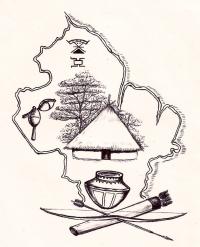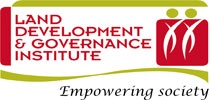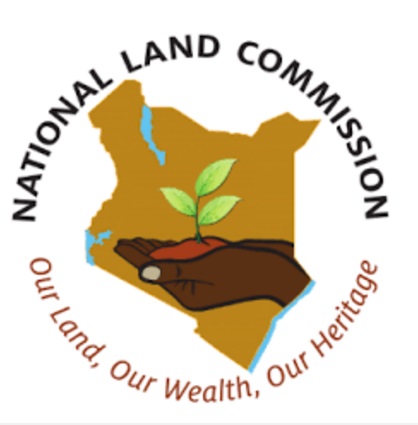Amerindian Peoples’ Association
The Amerindian Peoples Association (APA) is a non-governmental Indigenous Peoples organisation in Guyana. It is primarily an advocacy organisation that seeks to promote and defend the rights of the Indigenous Peoples of Guyana.
Membership of the APA is made up of Units throughout the country, currently amounting to close to eighty such units. The Association is led by an Executive Committee comprising the President, Vice-President, Secretary, Treasurer, Assistant Secretary/Treasurer, thirteen regional representatives, a women’s representative and a youth representative.











